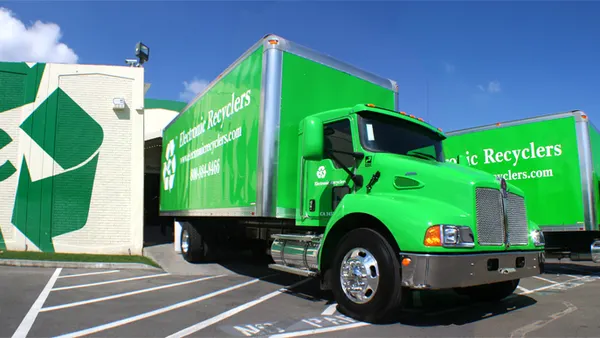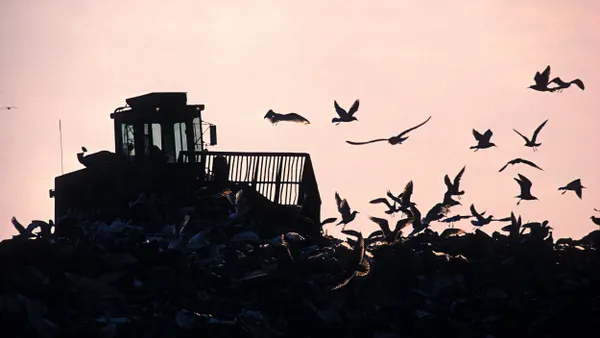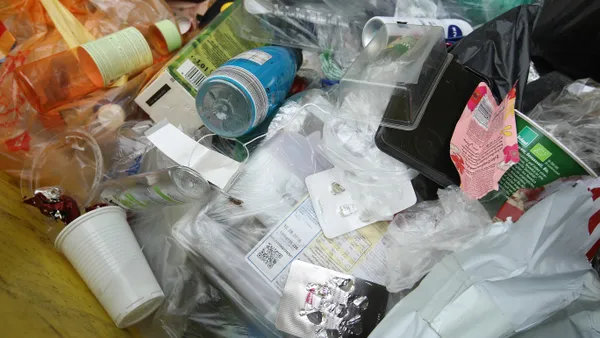Dive Brief:
- Legislation called the Save Good Food Amendment Act of 2017 was recently introduced to the Council of the District of Columbia with the goal of improving food recovery through similar methods that have been proposed on the federal level.
- Tax credits worth 50% of the food's value would be given to residents and businesses for donating edible food to non-profit organizations. Liability protections would be extended to anyone that donates the food directly, or not-for-profit groups that distribute the food for a small fee.
- The district's Department of Health would also be required to eliminate limits on the sale or donation of items that pass their labeled expiration date and don't pose a safety risk. Health inspectors would also be trained on all of the relevant information from a guide created by DOH and the Department of Public Works.
Dive Insight:
This bill closely mirrors the Food Donation Act of 2017, which was introduced to Congress last month. It similarly targets many of the perceived issues identified by advocates and experts in the Bill Emerson Good Samaritan Food Donation Act of 1996. The creation of limited tax credits — annual maximums of $2,500 for individuals and $5,000 for corporations — is a local detail that also provides an added incentive.
The decision to include the DPW's recently created Office of Waste Diversion reflects the city's new "zero waste" efforts and is an interesting model for other cities considering their own organic waste diversion plans. The district now has organics recycling in 39 schools, plans to offer drop-off programs in each ward within the year and is studying the feasibility of curbside collection as well.
As recognized by the EPA, and in more detail by groups such as the Institute for Local Self-Reliance, food rescue is the highest priority on the organics recovery hierarchy after source reduction. Even in states with landfill bans on certain categories of organics it can be difficult to make the logistics of food recovery versus processing seem worthwhile for businesses. Though, as DPW's director recognized in a recent interview with Waste Dive, the costs of organics processing systems can be challenging so finding ways to divert edible food first could help the district save money as well as feed people who could use it.











